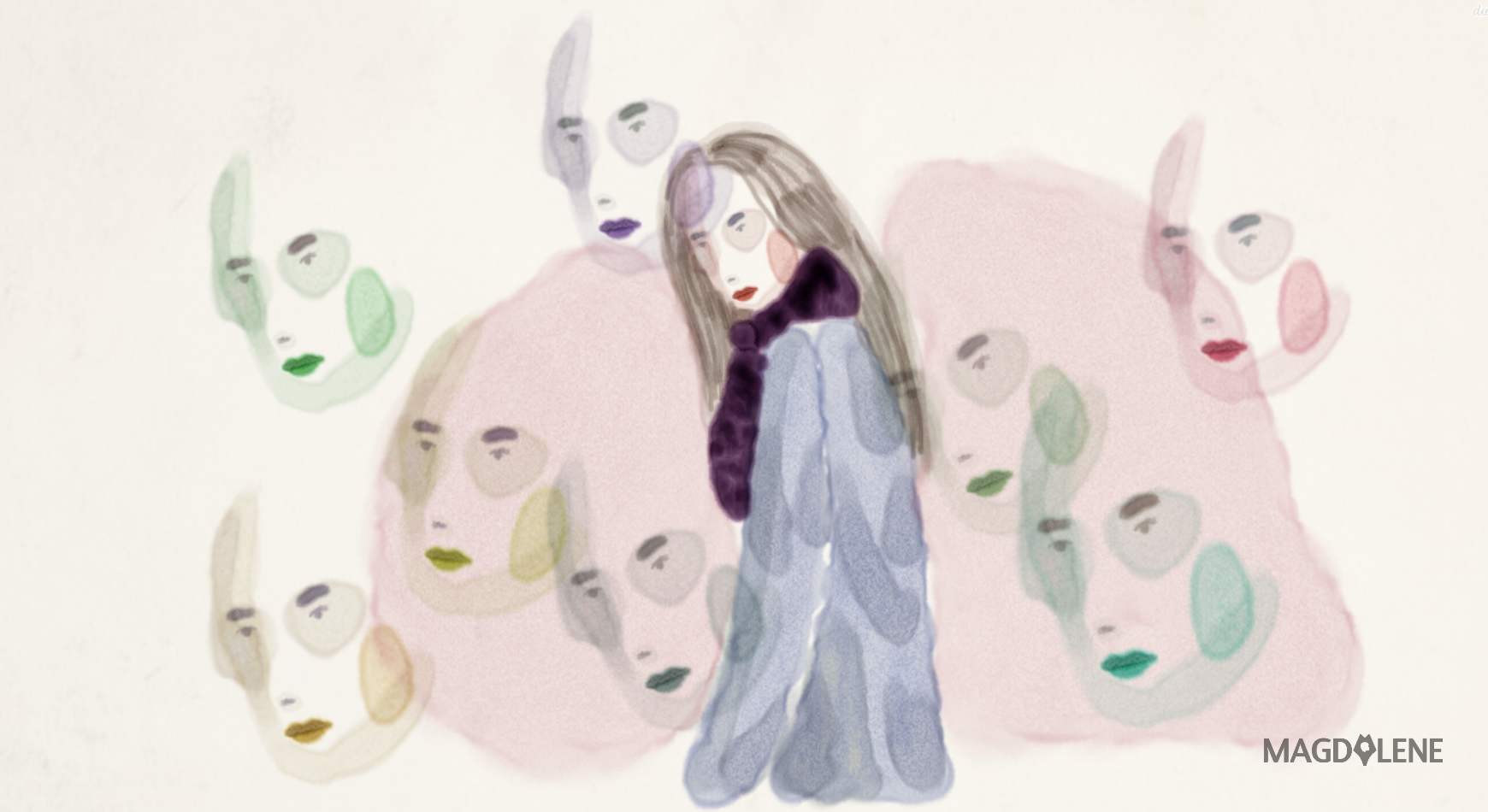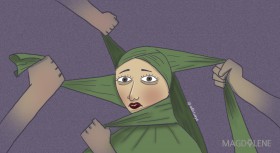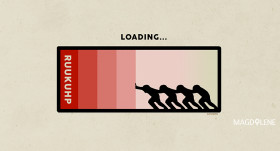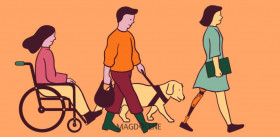I am a survivor of gender-based violence. It is known that, globally, many women are survivors of sexual abuse, which, sadly, makes violence a norm in society, so let me clarify my statement: I am a survivor of sexual abuses.
Yes, plural. Not just once, and not only by one perpetrator. It happened to me several times, since I was a child. And it used to make me blame myself.
It must be my fault. I’m an ill-fated woman. If I am not, then why did all these men kept going after me?
I am a Catholic, was brought up a Catholic, and have chosen Catholicism as my way of life. As a Catholic I have heard – too often – how priests and religious leaders blame women who are abused. They “easily” (or ignorantly?) say that it is the woman’s fault when something wrong took place. After all, it was Eve who brought humanity into sin.
Once when I took a weeklong retreat, the retreat director told me that I must’ve done something to invite those men to abuse me. I was so angry. Isn’t it clear that I was the one abused here? Why does everyone seem to blame me? Why is it that even I blamed myself?
Then I began to seek healing, because even worse a pain than being abused is the feelings afterward. But I couldn’t begin the process of healing while continuing to blame myself. It felt like a hidden, forbidden rotten wound, like sexually transmitted diseases. It’s smelly and painful, but since it is forbidden and hidden, you can’t fix it, you can’t cure it, because in your mind, it’s all your fault.
I questioned myself, my fate, my faults and innocence, and eventually found a way out of the dark place. Accompanied by some wonderful women, I found the answer. It was when I realized I had been re-victimized.
First, I was a victim of sexual abuse, then I became a victim of false accusations, and I had to take responsibility for someone else’s depravity. I started to fight back to seize my freedom, because I had been imprisoned by the accusations, and to begin my healing.
Meeting the right people, feminists and humanists, I made my counter narrative. I started to tell my story, my side of the story – the pain of being abuse and of being blamed for it. I claimed my right to be innocent. I claimed my right to be angry. I claimed my right to forgive, because until I admit that it was their fault, I can’t free myself from hatred. And I claimed back my body; it is no longer for anyone to judge. I claimed my freedom, myself.
The women who accompanied me encouraged me to believe in myself, to believe that there are treasures in my story. That I am “the treasure” of my life. They listened to my pain, and to my story. They walked with me and never left me, even when I was angry and bitter. They acknowledged my pain, my anger, my bitterness, and after that they nurtured me back to healing, to strength. The most unbelievable part is they share their strength by sharing their stories. That simple and that complicated.
I want to walk with sexually abused women. I found my strength when someone unreservedly walked with me, telling me that I am not alone.
Learning from my own story and the stories of people who accompany me in my pain, I now understand that it is our right to be true to ourselves and to reclaim our story that had been taken away by those who deny our pain. Humiliated, shamed, and blamed. Women need to tell their side of the story to counter re-victimization. And women have to own their own body, their freedom, their self.
Healing myself, I have a new quest. I want to walk with sexually abused women. I found my strength when someone unreservedly walked with me, telling me that I am not alone. I want to tell these abused women that they are not alone. I was heard, so I want to hear.
I want these women to tell their stories, their side of story. I want to support them to find what is oppressing them, to find how they can free themselves. Encourage them to counter their narrative. I want to walk with them, stepping into their rivers of pain and healing and blessings, which are mine as well. I want them to know that it is possible to free oneself from hatred, anger, and pain.
When I met Magdalene, I found a partner in Magdalene, I found that Magdalene do what I do. Telling stories, countering “normal” narratives. Needless to say, I am Magdalene.
Benedicta Herlina Widiastuti is a companion to women. She has walked with many abused women as a counselor and is looking for scholarship to learn more on how to empower more women.








Comments